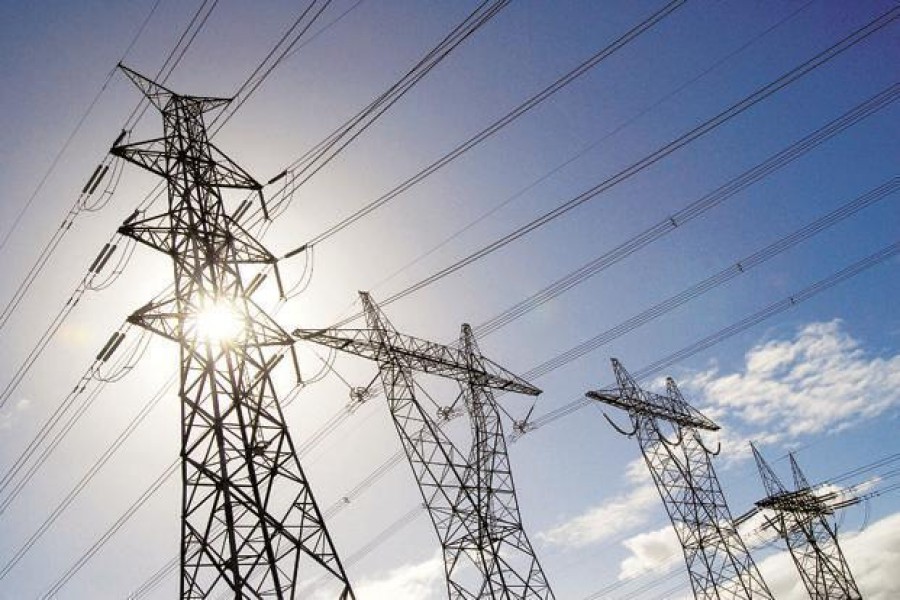The government will increase power tariff at a “reasonable” rate in consultation with businesspeople amid the energy crisis, Salman F Rahman has said, while the regulator is gearing up to announce the new prices on Thursday.
Speaking at a seminar of the Federation of Bangladesh Chambers of Commerce and Industry in Dhaka on Tuesday, the prime minister’s adviser on private industry and investment said a rise in gas prices is hampering electricity production.
“It’s not a problem unique to Bangladesh. Many countries are facing the same issue,” he said.
“The businesspeople have been asked for the maximum rate at which they can buy power. And the government will also review how much subsidy it can provide to the power sector.”
“Some businesses have informed me about their desired rate. Now let’s see how much the price can be raised,” Salman said.
The government reintroduced rolling blackouts in July following a gas shortage fuelled by the Russia-Ukraine war. It also raised gas and fuel oil prices to save the depleted foreign currency reserves. The power crisis has worsened recently after a national grid failure.
FBCCI’s Motijheel office, the venue of the seminar, suffered a power cut some eight minutes into Salman’s speech when he was speaking about the electricity crisis. The organisers then restored supply with an electricity generator.
Later, Bangladesh Energy Regulatory Commission said it will announce the decision on a proposal to change the bulk power tariff at a virtual press conference at 11:30am on Thursday, reports bdnews24.com.
A hike in bulk power tariff will impact retail electricity prices, BERC Chairman Abdul Jalil had earlier admitted. In that case, eventually prices of commodities that are produced by using power will also rise.
BERC PANEL PROPOSED 58pc HIKE
In May, the technical committee of BERC recommended hiking the bulk power tariff by 58 per cent to cut subsidies, a proposal the associations of consumers and businesses fiercely opposed.
The commission raised the bulk power tariff by 8.4 per cent to Tk 5.64 per unit, or kilowatt-hour, for the last time in 2020. But the government decided to provide Tk 0.47 per unit in subsidies.
Bangladesh Power Development Board recently proposed increasing the price further to Tk 8.56 per unit to rid itself of subsidy.
After a public hearing on the proposal, the BERC technical committee recommended hiking the price to Tk 8.16 per unit.
At the hearing, Professor M Shamsul Alam, senior vice-president at the Consumers Association of Bangladesh, termed the proposal “illogical and unjustified”. He argued that cutting waste of power, systems losses, taxes on fuel and corruption will bring power prices to a tolerable level.
FBCCI President Md Jashim Uddin at that time had warned that if the regulator eventually approved the proposal, it would only exacerbate the already skyrocketing inflation rate in the country.
The country saw consumer prices rising by over 9.0 per cent in the months of August and September, according to the Bangladesh Bureau of Statistics.
The effects of the Ukraine war have taken their toll on the world market and in Bangladesh as well, leading to the highest jump in fuel prices. The price spike led to a knock-on effect that pushed inflation to 9.52 per cent in August before falling slightly to 9.10 per cent in September.
The August inflation number hit the highest in nearly a decade, since November 2011, when it jumped to 9.87 per cent.


